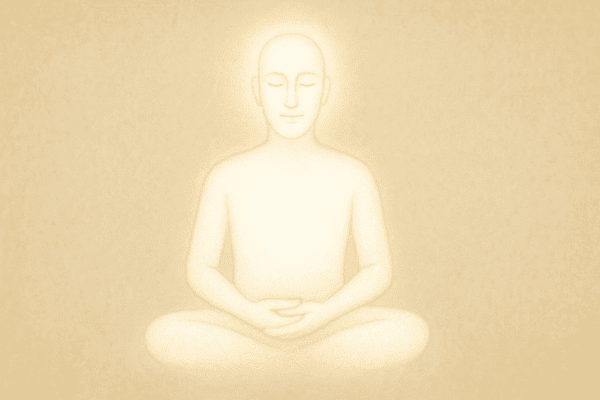“As frustrating, disheartening, annoying, discouraging, anger-inducing, frightening, and distressing as they may be, survival modes are characterized by a high potential for addiction. Why is this so?
As adaptable creatures who love routine and avoid change, we’re reluctant to let go of our current situation, even if it’s not good for us. Fear always tells us it’s better to stick with what we know than to face something new. Simultaneously, it also tells us that if we do change, it will probably end up like it always has—so it’s better to give up.
(Yes, fear presents contradictory arguments—on one hand, it’s about a new future, on the other, the new will turn into the old. We’re often unaware of fear, allowing it to manipulate us and encourage us to stay with what we know.)
Another reason survival modes are addictive is that change affects our relationships with others. If those around us are in a similar state, as we change, we may face changes in our relationships with them. For instance, if we used to complain together about financial struggles, suddenly we’ll have nothing to talk about. So change evokes a fear of loss, of being left alone.
Another reason is what happens within us if and when we change. We’re familiar with the thoughts, emotions, reactions, and situations characteristic of the emotional, financial, physical, or functional distress we live in. But as we change, we might not recognize ourselves and may face emotions, thoughts, desires, and possibilities we’ve never dealt with before. Along the way, we must handle a sense of unfamiliarity in our relationship with ourselves; greater responsibility than before (for example, if we move from debt to financial prosperity, we’ll have to make new decisions that we didn’t have to make before because we had no money); and sometimes emotions we’re not used to feeling (if we’re used to feeling fear, it might be complex for us to learn how to feel at ease).
This addiction has various manifestations, one of the most common being resistance to solutions or change. Time and again, I meet people who complain about their situation but avoid getting the help they need. This avoidance has various explanations: ‘I don’t have the money,’ ‘No one understands me,’ ‘I’ve already tried everything,’ ‘Nothing will help,’ ‘I don’t have time for this.’ The more advanced ones say, ‘I’m fine like this,’ even though they’re clearly complaining about their situation. The truth is simpler—people are used to themselves and their lives, don’t believe they deserve better, and are convinced that this is how things should or could be.
If the reason you’re avoiding getting help for a problem you’re facing is money or time, I suggest you re-examine yourself. If you find yourself rejecting help that’s offered to you—sometimes people push away help offered in counseling or therapy—I suggest you re-examine yourself. Maybe you’ve become addicted to the survival mode you’re living in, even if it’s accompanied by physical or emotional pain, lack, limitation, anxiety, depression, and distress, and you don’t realize you’re addicted.
[In my opinion, we can and should call this by its name – Anonymous Survivors (SA)]
There’s no reason to remain in survival mode, and there are ways to break free from it.



